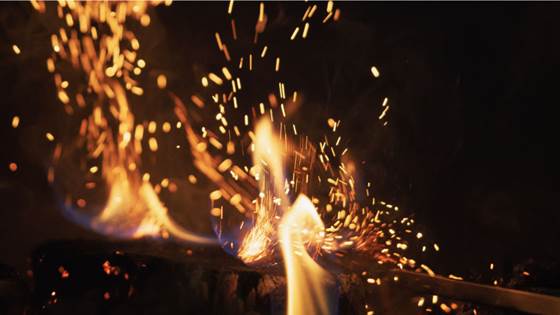
SusWoodStoves
Sustainable wood stoves through stove, building integration and value chain optimisation

Sustainable wood stoves through stove, building integration and value chain optimisation
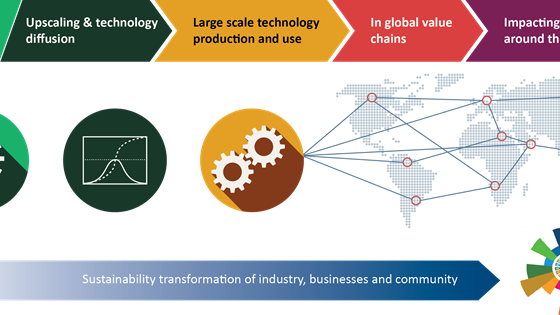
Our ambition is to create a novel and comprehensive methodology that will bring together the technology development process and resulting technological change. Taking the systems perspective on global value chains, the goal is then to identify...
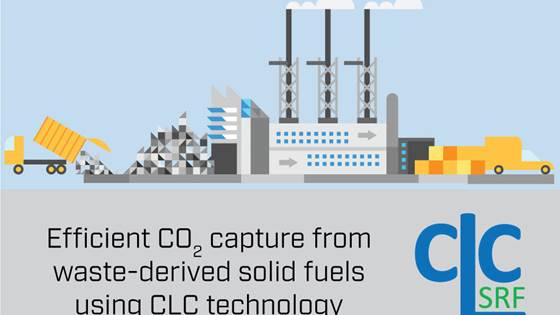
CO2 emissions from conversion of waste-derived fuels are estimated to about 18 million tonnes per year (ERFO - European Recovered Fuel Organisation, 2015). The report further estimates the market to increase, to CO2 emissions equivalent to more than...
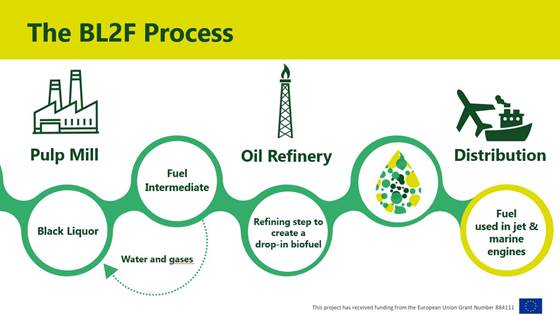
Emissions from the use of fossil fuels in transport are contributing to the amount of greenhouse gasses in the atmosphere, and so are also contributing to climate change. It is urgent to find solutions to fighting against harmful gas emissions...
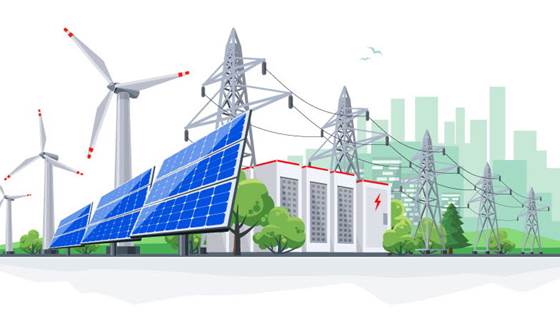
The SUPEERA project supports the implementation of the SET-Plan.
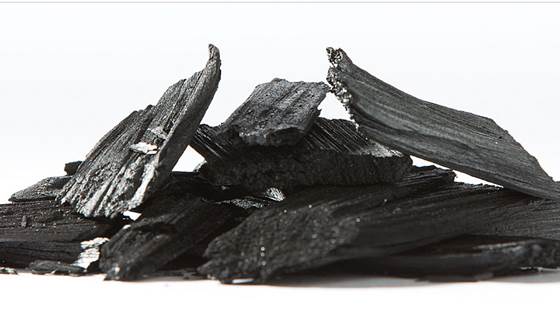
In the project BioCarb+ 2014-17, a huge effort was made towards studying the biocarbon value chain and its different value chain elements with respect to improvement possibilities while satisfying end-user demands.
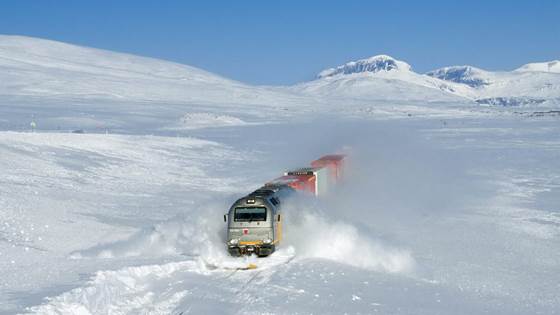
As many European countries, Norway has still a significant length of non-electrified railways. New technologies like hydrogen fuel cells and batteries can be a better option than expensive catenary lines.

Development of smart and low energy input processing chains, natural food additives and colourants, and supportive material for a code of practice to increase sustainability and consumer acceptance of organic food stuffs

The main target is to contribute to keeping this sector competitive and efficient as it is at the center of a complex web of interests (the public, politics, energy, economy, environment) in the development of circular economy.
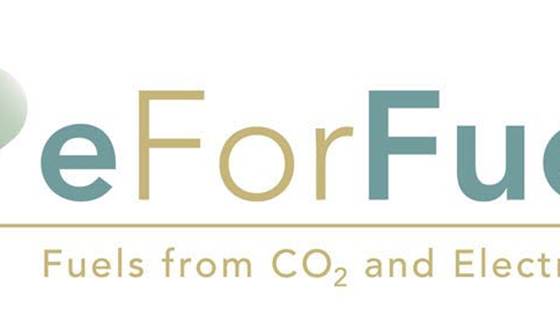
For biorefined fuels to fully replace fossil carbons, we must identify feedstock sources which are essentially unlimited in capacity and scalability and are independent of agriculture and forestry land use. Here, we propose to use electricity...
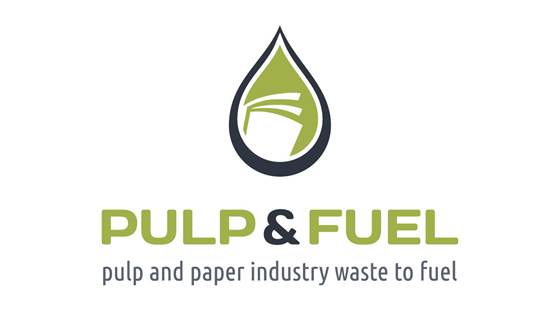
The transport sector is dominated by fossil fuels, and alternative fuels represent currently only 5% of fuel consumption in EU. The EU objective for the share of renewable energy in the transport sector is 10% in 2020. To achieve this goal, new...
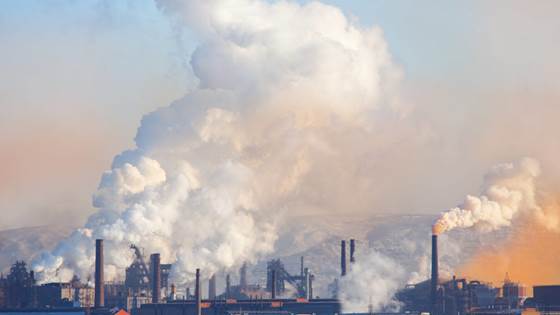
In November 2018, the European ARBAHEAT consortium launched a research project to investigate the conversion of the ENGIE Ultra-SuperCritical coal-fired Rotterdam power plant into a biomass-fired heat and power plant.
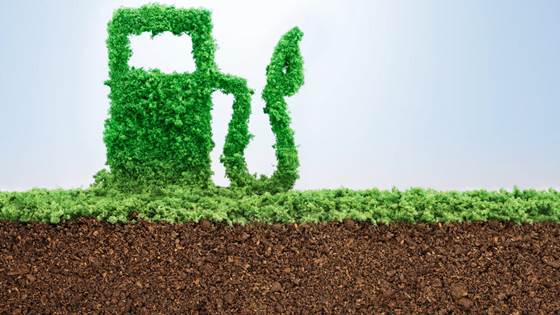
NextGenRoadFuels - was a project to develop a competitive European technology platform for sustainable liquid fuel production. The project would prove the Hydrothermal Liquefaction Pathway (HTL) as an efficient route to produce high-volume, cost...
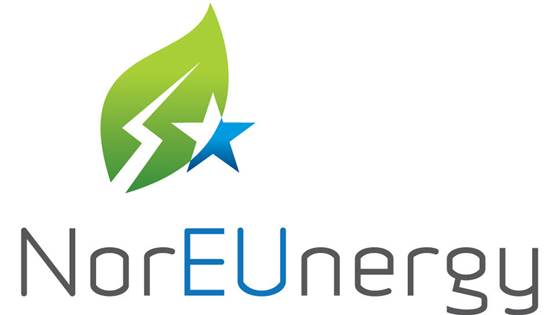
NorEUnergy II will focus on increasing the mobilization and participation of Norwegian actors in the field of bioenergy, as one of the prioritized scientific areas in the new integrated SET-Plan.
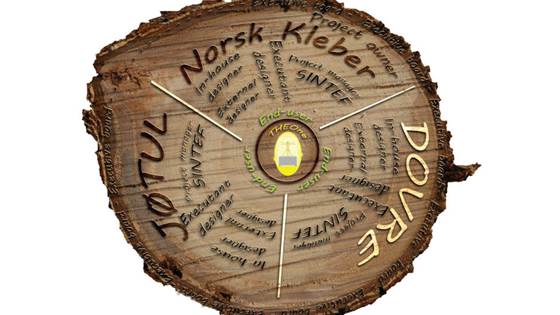
The aim of the project is to develop a standardized wood stove combustion chamber for each industry partner, ultra-flexible and capable of complete and clean combustion independently of the wood stove exterior design, to significantly save...

Biomass to energy (BtE) and waste to energy (WtE) plants in Norway need to comply with stricter emission limits and/or adjust to tighter profit margins, and EU have implemented a further reduction of emission limits from medium (scale) combustion...
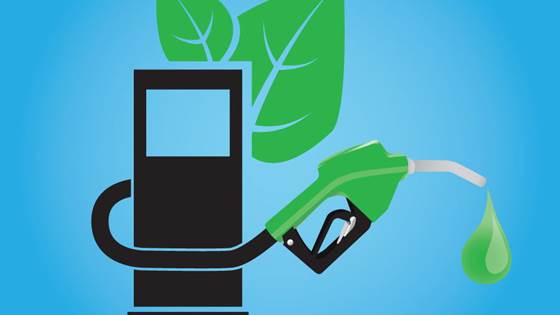
4REFINERY will develop and demonstrate the production of next generation biofuels from more efficient primary liquefaction routes integrated with upgraded downstream (hydro)refining processes to achieve overall carbon yields of >45%. The consortium...
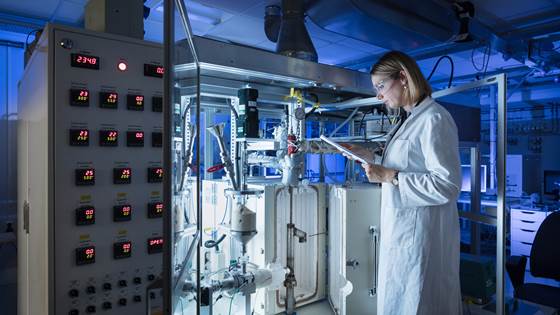
The vision of BRISK II is to establish a centre of excellence in the field of 2nd and 3rd generation biofuels via the uniting of leading European research infrastructures.